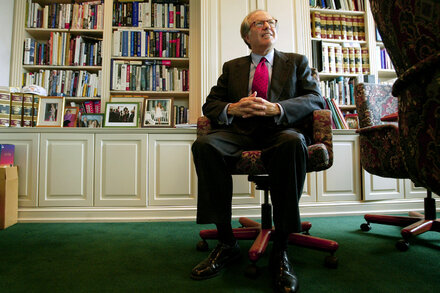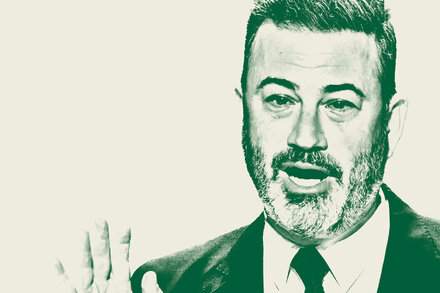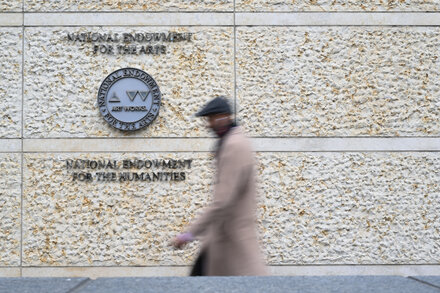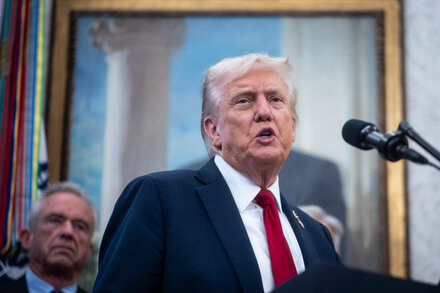WASHINGTON D.C. – A profound political tremor has swept through the nation, marked by a broad wave of firings targeting critics of conservative commentator Charlie Kirk, following his assassination. The dismissals, which have affected individuals across academia, media, and various public-facing organizations, have ignited a fierce debate over free speech, accountability, and the chilling effect on public discourse.
The sudden and widespread personnel changes began in the immediate aftermath of Kirk’s death, which sent shockwaves across the political landscape. As founder of Turning Point USA, Kirk was a highly visible and often polarizing figure in conservative youth activism, making his assassination a flashpoint for national outrage and introspection.
The Firings and Their Scope
Reports indicate that dozens of individuals, many of whom had previously voiced strong criticism of Kirk’s views or tactics, have been abruptly terminated from their positions. These include university professors, journalists, think tank fellows, and even lower-level employees in organizations seemingly unrelated to political commentary. The firings have largely lacked detailed public explanations, often attributed vaguely to “organizational restructuring,” “violating company values,” or “fostering a hostile work environment.”
A spokesperson for a prominent university, speaking on condition of anonymity, stated regarding a professor’s dismissal:
“In these sensitive times, institutions must reflect on how their platforms are used and whether the discourse they host contributes to a climate of civility. Our decision was made in the best interest of our community and to ensure a safe and respectful environment for all our students and staff.”
Debate Over Free Speech and Accountability
The extensive nature of the firings has prompted strong reactions from both sides of the political spectrum. Supporters of the actions argue that some critics had contributed to a toxic atmosphere that, however indirectly, might have incited violence. They contend that a line must be drawn to prevent the normalization of vitriolic rhetoric.
Conversely, civil liberties advocates and numerous commentators have condemned the firings as a dangerous assault on free speech and academic freedom. They argue that criticizing a public figure, however sharply, is a fundamental aspect of democratic debate and should not be conflated with incitement or justify professional retaliation.
A statement released by the American Civil Liberties Union (ACLU) underscored these concerns:
“To dismiss individuals from their livelihoods simply for expressing critical opinions, even unpopular ones, sets a perilous precedent. This wave of firings risks creating a profound chilling effect, where fear of reprisal stifles legitimate discourse and dissent. True free speech means protecting the right to criticize, not just to praise.”
The situation has left many wondering about the future of open debate in a society grappling with heightened political tensions. As investigations into Kirk’s assassination continue, the broader implications of these firings on the national conversation remain a pressing concern, raising fundamental questions about the boundaries of expression and the response to political violence.
Source: Read the original article here.





